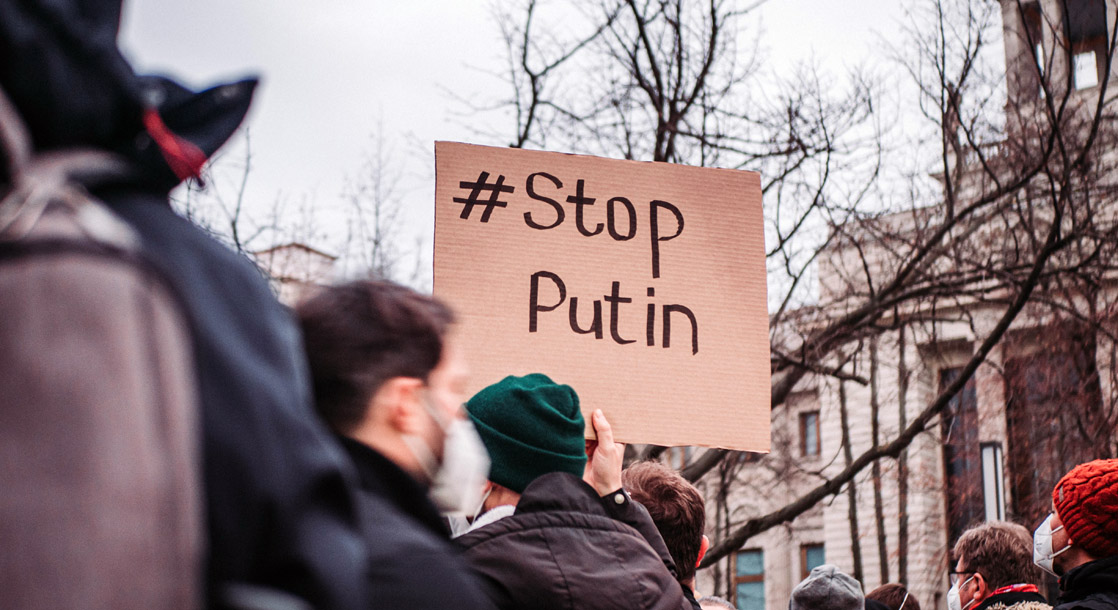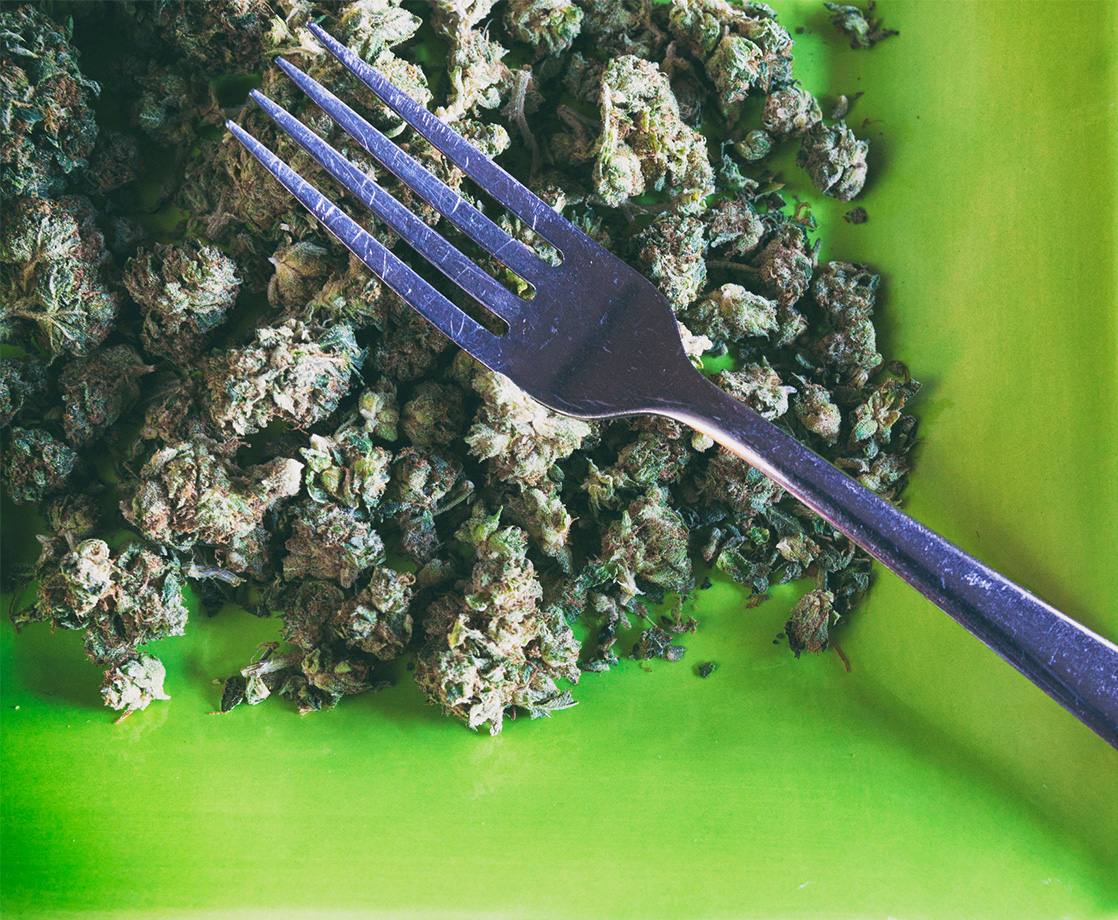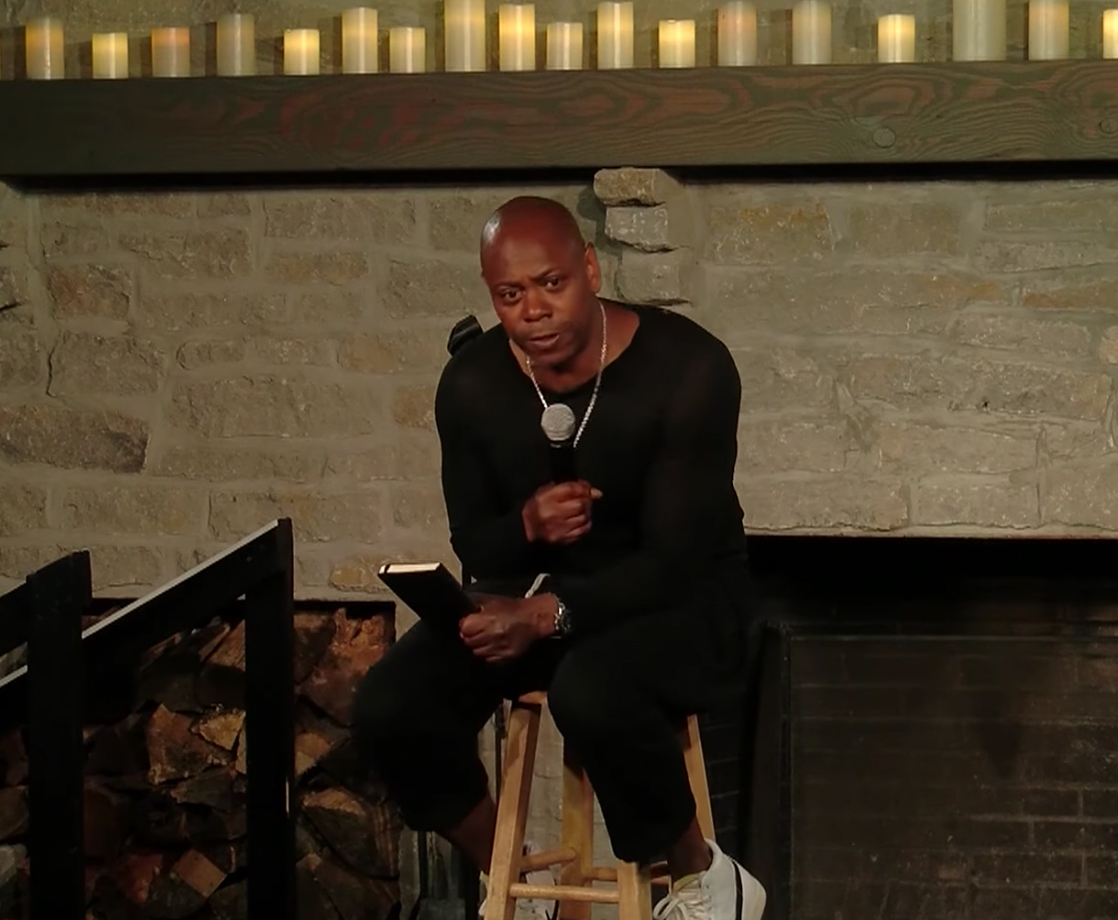Ukraine is on the verge of legalizing medical cannabis in a bid to help its citizens recover from the physical and psychological trauma caused by Russia’s brutal invasion.
In a recent social media post, health minister Viktor Liashko announced that the government fully supports a medical cannabis bill that is currently advancing through the Ukrainian Parliament. The new bill would allow doctors to legally prescribe cannabis-based medicines to treat over 50 conditions, including cancer, PTSD, chronic pain, epilepsy, and many more.
The bill closely mirrors medical marijuana programs established in other countries and US states. The government would have strict control over the cultivation, production, and sale of cannabis products, and all cannabis plants and products would need to be registered under a strict seed-to-sale tracking system. Recreational cannabis use will remain strictly illegal, however.
Lawmakers initially proposed the same bill one year ago, but conservative lawmakers shot it down. Over two thirds of Ukrainians support medical marijuana, though, and the ongoing war helped convince the government to expand access to this essential medicine. In addition to serious physical injuries sustained during the invasion, Ukrainian citizens and soldiers are facing extreme psychological trauma that will likely lead to PTSD, anxiety, and other issues.
“We understand the negative effects of war on mental health,” Liashko wrote, according to a translation at Forbes. “We understand the number of people who will need medical treatment due to this exposure. And we understand that there is no time to wait.” The decision has been lauded by Ukrainian cannabis advocates, who recently launched a weed-themed campaign to help raise donations for victims of the war.
The Ukrainian government initially legalized a handful of cannabis-based medicines and extracts last April. This limited list only includes synthetic THC medicines like dronabinol and nabilone and other compounds that have been approved in the US and most other Western nations, though. The new bill will widen the range of medical cannabis products that will be authorized, but Liashko’s post suggests that high-THC products might be left out of the picture.
Liashko noted that opponents of the bill have suggested that legalizing medical marijuana will make it easier for people to access recreational pot, which will remain prohibited. “Cannabis drugs are not ‘competitors’ to drugs, and measures to regulate their circulation are completely different,” he countered, according to High Times. “Medical cannabis contains cannabidiol, which has no pronounced psychoactive effect, so it’s not suitable for recreational use.”
Even if Ukraine only ends up legalizing medical hemp and CBD, that would still put it ahead of most other former members of the Soviet Union. Medical and recreational cannabis use remains illegal in Russia, and although minor pot possession is only a civil offense, cops have been known to exaggerate the amount of weed that they bust people with. Russia has currently locked more people behind bars for drugs than any other country in Europe.
One of the most notable examples of Russia’s discriminatory enforcement is the recent arrest of American WNBA star Brittney Griner, who was busted for allegedly bringing THC vapes into the country. In more friendly times, Russia may have let Griner off with a slap on the wrist, but now it seems like officials are holding her as leverage against the US. The basketball star has been detained for four months now, despite advocacy efforts from American politicians and fellow athletes.
Most other former USSR nations also enforce strict cannabis prohibition laws, but the country of Georgia actually legalized personal cannabis cultivation, possession, and use back in 2018.











